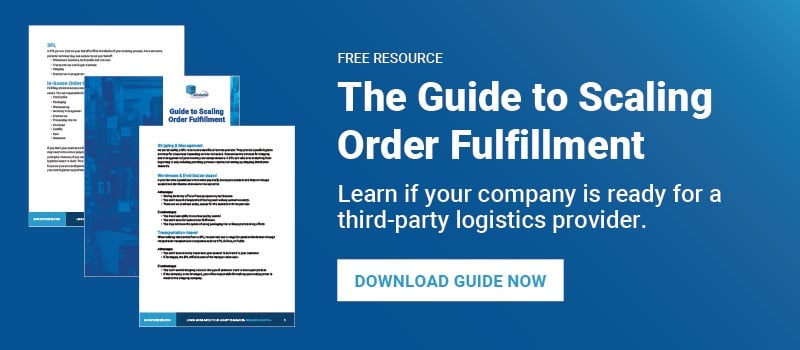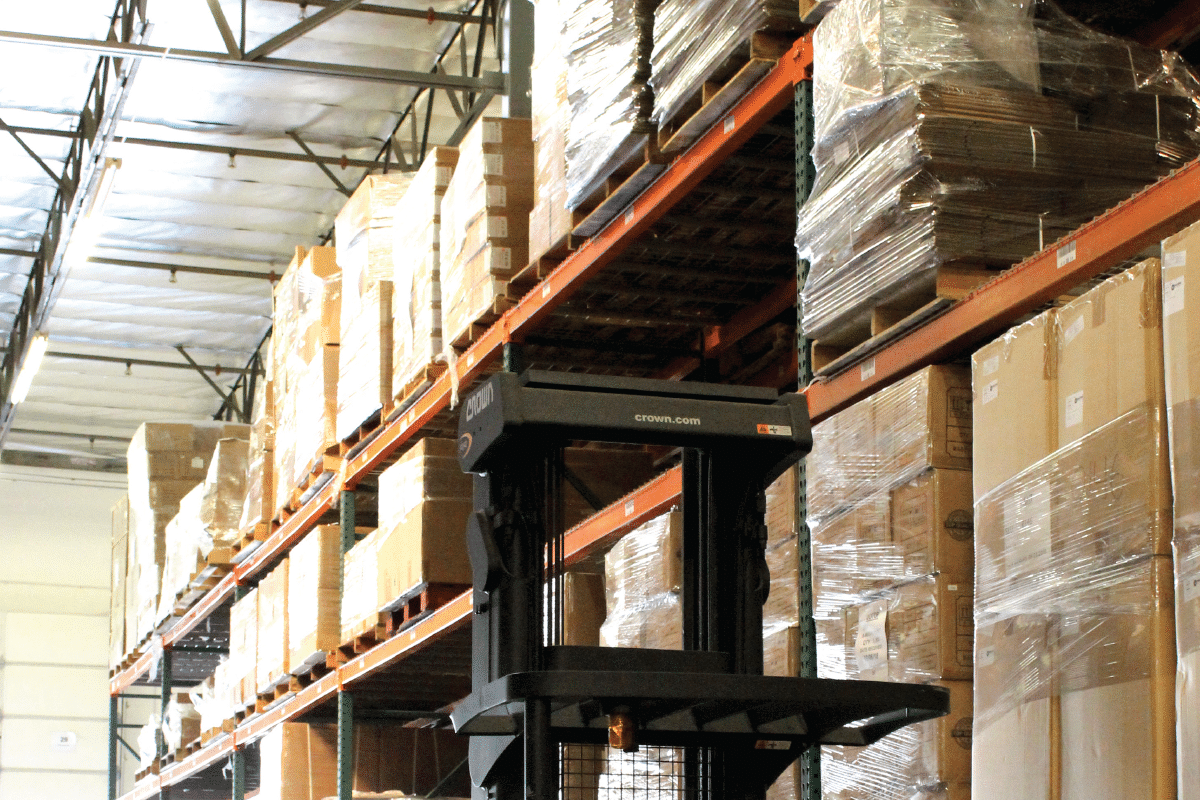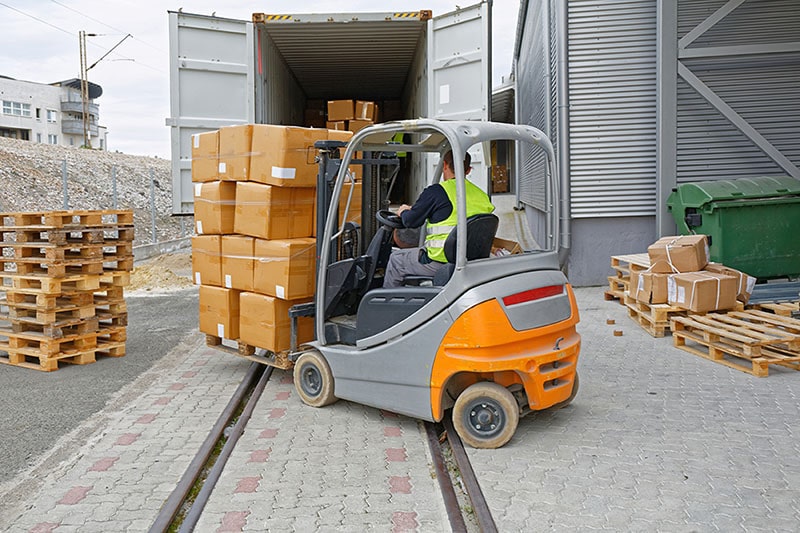Should Online Orders Be Filled From Stores or Fulfillment Centers?

As a business owner, improving your shipping and fulfillment process is a great way to enhance customer satisfaction, garner more business, and improve profits. To fully reach your goals, you may need to consider outsourcing to a fulfillment center or using your existing inventory system and infrastructure. Exploring these options in more detail can help you make the best decision for your company.

Is Treating Stores as Fulfillment Centers a Good Idea?
Whether or not you’ll be successful using your store as a fulfillment center depends on a number of factors. Some retailers have managed to pull it off quite effectively through omnichannel fulfillment.
What Is Omnichannel Fulfillment?
Omnichannel fulfillment is the process of a retailer using multiple channels to fill their orders. This option is good for modern business owners in a highly competitive market who are concerned about costs and want to increase sales opportunities by using a variety of strategies for order fulfillment.
Related: What’s the Role of a Third Party Logistics Company (3PL)?
Should Online Orders Be Filled from Stores or Fulfillment Centers?
Many stores take the omnichannel approach to fill orders. Let’s explore the advantages and disadvantages of this strategy.
Advantages of Omnichannel Fulfillment
Compared to more traditional models, omnichannel offers business owners a lot of versatility with order fulfillment. For example, they may allow customers to purchase online and then pick up inventory directly from the store, or they may have inventory shipped from a fulfillment center to the customer.
Traditional fulfillment methods aren’t as flexible—typically, a warehouse will handle the entire process from order acceptance to delivery. This means a business owner could miss out on sales opportunities from customers who are looking for other fulfillment options. With omnichannel fulfillment, you’ll be able to offer more than just one strategy to get your inventory to buyers. Using stores to fulfill online orders offers advantages like:
- Faster order delivery
- Increased profit margins
- Lower shipping costs
- Fewer returns
Many businesses have found great success by implementing a “free store pickup” option for online orders. Customers enjoy the convenience of shopping online while saving money on shipping, and you have an opportunity to increase sales by having the customer come to your store for their order.
Alternatively, a fulfillment center helps the business owner by managing the order fulfillment process from start to finish. By choosing a fulfillment center, you’ll have more time to handle other aspects of your business. These centers can:
- Store inventory, saving you on warehousing
- Pack and ship products to the store or directly to the customer
- Handle returns and other customer service tasks
Either of these strategies could be right for your business. Having multiple options of fulfillment will help you reach more customers and, in turn, improve sales. Ultimately, omnichannel is designed to make the order process as fast and as easy as possible for the individual customer regardless of fulfillment method.
Disadvantages of Omnichannel Fulfillment
Business owners should also carefully consider the challenges that might come with using omnichannel fulfillment. These include:
- Inventory visibility: When you only have one method of fulfillment, it’s easier to track inventory, but with omnichannel, you’re filling orders from various places. This is why it’s crucial to ensure you have an inventory system that communicates with each channel, allowing you to seamlessly manage inventory and replenish stock as needed.
- Brand unification: When providing customers with new fulfillment options, it’s important to consider your brand. You’ll need to ensure that consumers have a positive brand experience whether their orders are filled in store or through a fulfillment center. All fulfillment channels should feel connected to your brand, which will encourage repeat business.
- Dissimilar order types: Omnichannel allows customers to use different methods of fulfillment, leading to dissimilar order types needing to be filled from the same inventory stock at any given time. This could include retail orders, e-commerce orders, or wholesale orders all needing to be processed at the same time. You’ll want to make sure you have the right technology to handle these variations.
Related: Do You Have to Charge Sales Tax for Online Sales to U.S. Customers?
Should Returns Be Kept at a Store or Sent to a Fulfillment Center?
One of the advantages of omnichannel fulfillment is that it allows retailers more flexibility in how they use their spaces. Retailers can offer in-store returns of online orders, which would allow them to keep the store well-stocked with merchandise. Customers also like the convenience of being able to exchange items in store. However, this option might not suit you well if you experience a lot of returns on a daily basis and find yourself short on staff to handle them in a timely fashion.
Alternatively, you can have items sent to a fulfillment center. Outsourcing returns would also save you time as many fulfillment centers are able to manage returns and refunds on a retailer’s behalf. It is also beneficial because it frees up storage space, especially for any large, bulky items that would take up a lot of room in a store.
With careful consideration, you can use omnichannel fulfillment to reduce costs, provide faster service, and achieve greater customer satisfaction. Taking this approach will give consumers more options for order fulfillment, which you might find will pay off through increased sales and improved customer retention.


-1.png)


